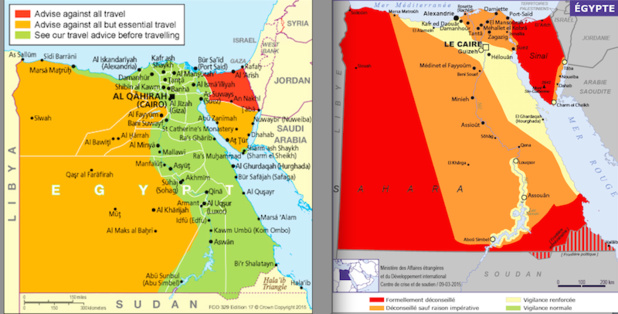
The two maps of the Ministries of Foreign Affairs: on the left the English, on the right the French. DR
Is it the famous British stolidness?
Or a dose of pragmatism that the French lack?
In any case, tourism professionals agree on one thing: British clients are less skittish than their French counterparts.
They are often the last ones to desert a destination and are the first to come back after an attack, a revolution, and any tragic event, that are unfortunately making headlines very frequently lately.
“We closely follow the advices of our Ministry of Foreign Affairs,” ensures Sean Tipton, Communications Manager of ABTA, the British equivalent of SNAV.
He believes that his government is more specific in its recommendations, let’s take Egypt for example, where the entire Nile region along with the Red Sea appear in green.
On the French website of the Ministry of Foreign Affairs, only a thin strip between Louxor and About Simbel is colored in a shy yellow, along with Cairo and the coastline.
Is it more dangerous for the French sail down the Nile than for the English?
For Simon Wood, the Director of the Crisis Department of the British Ministry of Foreign Affairs, every country makes its choices based on its own criteria.
“Of course, we work very closely with the French government. But in the end, we are the only ones responsible for our decisions.”
Or a dose of pragmatism that the French lack?
In any case, tourism professionals agree on one thing: British clients are less skittish than their French counterparts.
They are often the last ones to desert a destination and are the first to come back after an attack, a revolution, and any tragic event, that are unfortunately making headlines very frequently lately.
“We closely follow the advices of our Ministry of Foreign Affairs,” ensures Sean Tipton, Communications Manager of ABTA, the British equivalent of SNAV.
He believes that his government is more specific in its recommendations, let’s take Egypt for example, where the entire Nile region along with the Red Sea appear in green.
On the French website of the Ministry of Foreign Affairs, only a thin strip between Louxor and About Simbel is colored in a shy yellow, along with Cairo and the coastline.
Is it more dangerous for the French sail down the Nile than for the English?
For Simon Wood, the Director of the Crisis Department of the British Ministry of Foreign Affairs, every country makes its choices based on its own criteria.
“Of course, we work very closely with the French government. But in the end, we are the only ones responsible for our decisions.”
The Tunisian attack reversed the trends
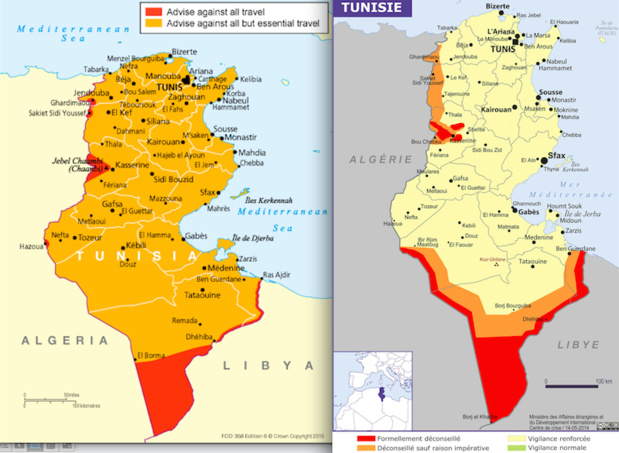
On the left, the map of travel advice to British travelers following the Sousse attack. On the right, that of the French Ministry of Foreign Affairs. DR
Let’s take the case of Tunisia.
While the attack on the Bardo Museum in March 2015 had not modified the English map, the attack of the beach in Sousse, in June 2015, that led to 30 British casualties, colored the country in orange.
France, on the contrary, is less strict, with a “yellow” classification equaling augmented caution.
“We took a difficult decision and we are conscious of its economic impact.
We are in daily communications with local authorities to see how we can make things evolve,” ensures Simon Wood.
This classification led to a halt of sales and hurts Tunisian tourism professionals, who attended the WTM trade-fair in London.
Their stand is two times smaller than last year’s and remotely positioned. “We are right next to the door, we’re close to the exit, this is a bad sign,” laments Mohamed-Ali Dakhli, Product Manager of the agency Best Time Travel.
“It is right when we need to communicate the most on reassuring people that budgets are getting cut,” deplores Anis Suissi, Sales Manager of Le Royal Hotel in Hammamet.
While the attack on the Bardo Museum in March 2015 had not modified the English map, the attack of the beach in Sousse, in June 2015, that led to 30 British casualties, colored the country in orange.
France, on the contrary, is less strict, with a “yellow” classification equaling augmented caution.
“We took a difficult decision and we are conscious of its economic impact.
We are in daily communications with local authorities to see how we can make things evolve,” ensures Simon Wood.
This classification led to a halt of sales and hurts Tunisian tourism professionals, who attended the WTM trade-fair in London.
Their stand is two times smaller than last year’s and remotely positioned. “We are right next to the door, we’re close to the exit, this is a bad sign,” laments Mohamed-Ali Dakhli, Product Manager of the agency Best Time Travel.
“It is right when we need to communicate the most on reassuring people that budgets are getting cut,” deplores Anis Suissi, Sales Manager of Le Royal Hotel in Hammamet.
Egypt wants its tourists to come back to the Nile
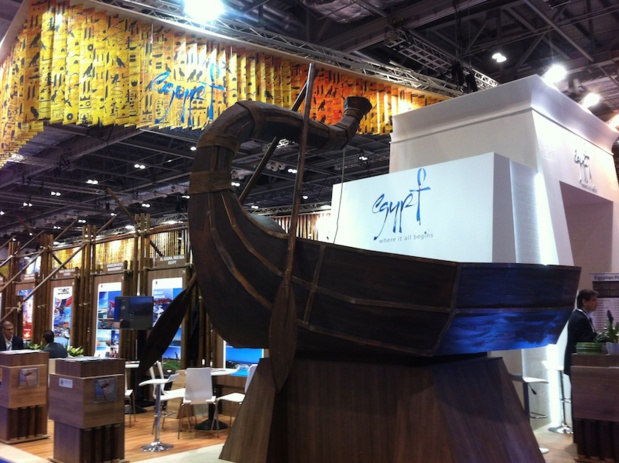
Egypt’s new stand wants to boost the Nile’s spot. DR - LAC
A bit further, Egypt, on the contrary, did not skimp on means and entirely changed the architecture of its very large stand.
Elegant wooden feluccas replaced the imposing pyramids. The tourism office expects to dedicate 25% of its promotion budget to the Nile, that is suffering from the disaffection of tourists.
Because the English have always been more attracted to the shores of the Red Sea than to the splendid banks of the river. And despite a 25% drop of reservations this year, they continued to visit Hurghada and Sharm el Sheikh.
This type of all-included vacations specifically appeals to the British and accounts for 47% of sold trips. A buying practice that could explain their behavior.
Well protected by the walls of their seaside resorts, the English feel less exposed than those who opt for cultural tours, which are products usually popular amongst the French.
In the end, Egyptians try to stay positive, despite the disappearance of the Airbus A321 above the Sinai on November 1st. “We have no comments to make on this topic for now. We are waiting on the authorities who are currently decoding the black boxes,” explains Elhamy Elzayat, Director of the Egyptian Tourism Federation.
But they could soon face the competition of Iran, whose history and culture are in no way inferior to that of the famous pharaohs.
Elegant wooden feluccas replaced the imposing pyramids. The tourism office expects to dedicate 25% of its promotion budget to the Nile, that is suffering from the disaffection of tourists.
Because the English have always been more attracted to the shores of the Red Sea than to the splendid banks of the river. And despite a 25% drop of reservations this year, they continued to visit Hurghada and Sharm el Sheikh.
This type of all-included vacations specifically appeals to the British and accounts for 47% of sold trips. A buying practice that could explain their behavior.
Well protected by the walls of their seaside resorts, the English feel less exposed than those who opt for cultural tours, which are products usually popular amongst the French.
In the end, Egyptians try to stay positive, despite the disappearance of the Airbus A321 above the Sinai on November 1st. “We have no comments to make on this topic for now. We are waiting on the authorities who are currently decoding the black boxes,” explains Elhamy Elzayat, Director of the Egyptian Tourism Federation.
But they could soon face the competition of Iran, whose history and culture are in no way inferior to that of the famous pharaohs.
Iran, an up-and-coming destination?
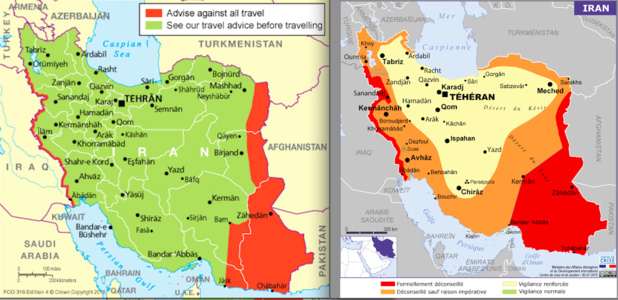
On the left, the British map of advice to travelers. On the right, the French one. DR
Despite its identity as a Muslim country and its shared borders with Afghanistan and Irak, the former Persian Kingdom should be 2016’s trending destination, according to the Euromonitor study.
One vacationer out of six expressed interest in visiting the country. The signing of the nuclear agreement last July gave away to a tourism industry in search of renewal.
The chain Accor is one of the first of its kind to return, with the management of two hotels located at the Teheran airport.
The company Eurowings, a low-cost branch of Lufthansa, should settle there next March while Air France would also be preparing its comeback.
Iranian professionals who attended the WTM trade-fair rejoice over this new craze. For the first year, many operators of the private sector met on a common stand, without the government’s help.
“It would be necessary for authorities to be more conscious of our country’s tourism potential and begin the building of infrastructures to host travelers,” explains Saeed Azam, Director of the DMC Iran Doostan Tour.
Because with a two-digit growth of arrivals, the country is struggling to provide the necessary accommodations and the prices have increased by around 35% this year.
As for diplomatic advices, the map of the two Ministries of Foreign Affairs once again varies. For the English, the country is completely green, except for the borders. On the French website, the territory remains yellow and the border zones warned against visiting are much more expanded.
Will these more alarmist recommendations have an impact on how the French choose?
Would Iran be able diminish the fear of the French towards Middle-Eastern destinations?
The traveler’s psychology is sometimes difficult to decipher.
One vacationer out of six expressed interest in visiting the country. The signing of the nuclear agreement last July gave away to a tourism industry in search of renewal.
The chain Accor is one of the first of its kind to return, with the management of two hotels located at the Teheran airport.
The company Eurowings, a low-cost branch of Lufthansa, should settle there next March while Air France would also be preparing its comeback.
Iranian professionals who attended the WTM trade-fair rejoice over this new craze. For the first year, many operators of the private sector met on a common stand, without the government’s help.
“It would be necessary for authorities to be more conscious of our country’s tourism potential and begin the building of infrastructures to host travelers,” explains Saeed Azam, Director of the DMC Iran Doostan Tour.
Because with a two-digit growth of arrivals, the country is struggling to provide the necessary accommodations and the prices have increased by around 35% this year.
As for diplomatic advices, the map of the two Ministries of Foreign Affairs once again varies. For the English, the country is completely green, except for the borders. On the French website, the territory remains yellow and the border zones warned against visiting are much more expanded.
Will these more alarmist recommendations have an impact on how the French choose?
Would Iran be able diminish the fear of the French towards Middle-Eastern destinations?
The traveler’s psychology is sometimes difficult to decipher.
Is the travel agent a guarantee against a feeling of insecurity?
If the English are more likely to visit places that the French are shunning, it may be due to the fact that they are more inclined to reserve in travel agencies that are apt to offer sound advice.
According to an annual study conducted by the association ABTA, 17% of clients who travel abroad reserved through a physical store, 32% via an online agency, and 21% directly through a tour-operator.
“Young people and clients who buy luxury services are now coming back to physical agencies,” ensures Sean Tipton, of ABTA.
According to an annual study conducted by the association ABTA, 17% of clients who travel abroad reserved through a physical store, 32% via an online agency, and 21% directly through a tour-operator.
“Young people and clients who buy luxury services are now coming back to physical agencies,” ensures Sean Tipton, of ABTA.






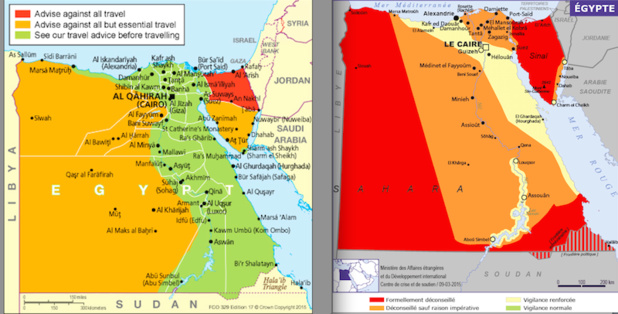

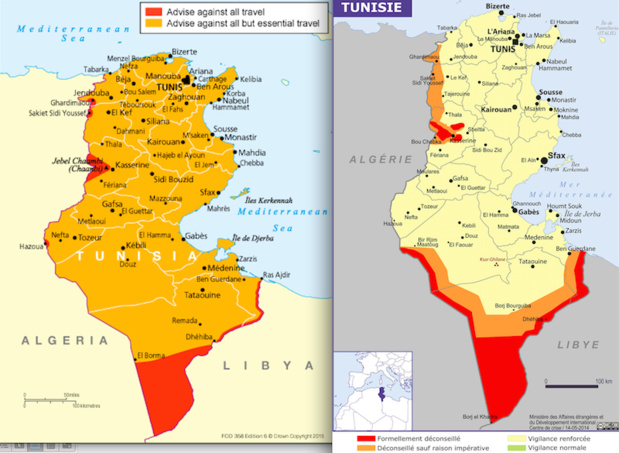
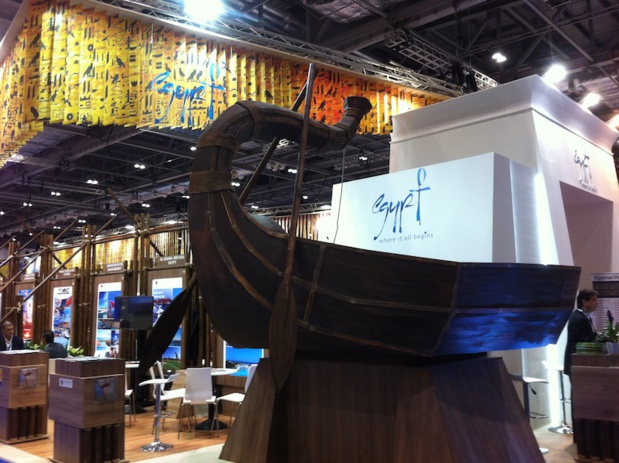
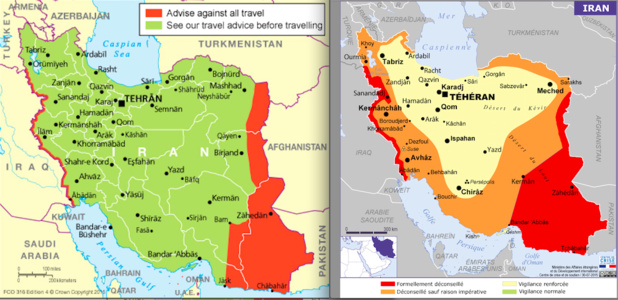







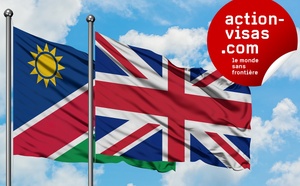
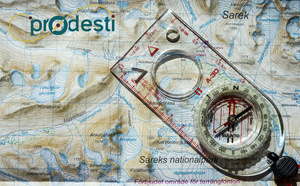










![Cocooning, surtourisme, digital nomads... les néologismes au service de la prospective ? [ABO] Cocooning, surtourisme, digital nomads... les néologismes au service de la prospective ? [ABO]](https://www.tourmag.com/photo/art/large_16_9/93575745-65377296.jpg?v=1767793700)















